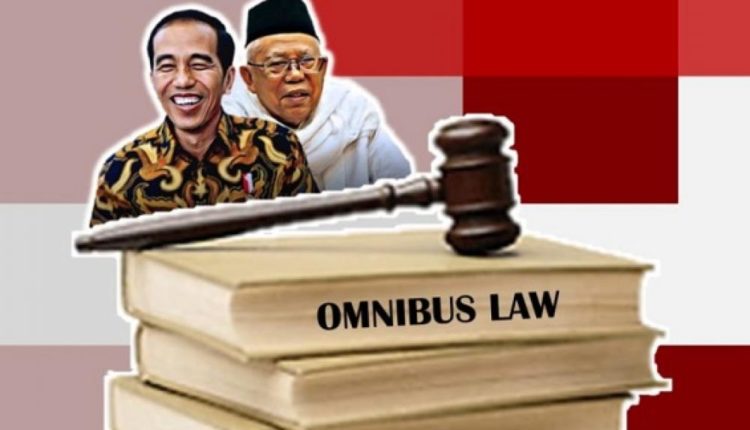WHAT IS OMNIBUS LAW FOR?
By : Rashka Pratama )*
The omnibus law’s purpose is to simplify licensing and regulation. At the same time to attract investment, and erode overlapping regulations. The interest and enthusiasm of forming this omnibus law was also based on the evaluation of President Joko Widodo in the first period, where President Jokowi’s vision and mission was thick in facilitating investment from abroad to Indonesia. In his speech, Jokowi did mention the importance of simplifying the bureaucracy. Investment in job creation must be prioritized. Long procedures must be cut.
Omnibus law is a legal concept, in which this regulation is made to target a major issue and has the possibility to revoke or amend several laws. Make laws that could take over some of the previous regulations, which are then immediately put into a package of laws. Other foreign countries also often do this kind of thing. That is, the omnibus law is a method or concept of making regulations that combines several rules with different regulatory substance, into one rule in one legal umbrella. The number of overlapping laws in Indonesia is trying to be resolved through the omnibus law. One sector that needs to be simplified and tidied up in regulation is the labor sector. In the labor sector, the government plans to abolish, amend, and add articles related to the Manpower Act.
However, the circulation of the Omnibus law draft was immediately greeted negatively by a number of groups, especially among workers who assessed that their welfare would decrease after the omnibus law. One of the things highlighted is the stipulations on wages that are set based on working hours and productivity so that the amount is not the same between one worker and another. In fact, there is an assumption that this is done to benefit employers so they do not have to pay workers with high salaries. In fact, all these opinions are wrong. The article on wage provisions is intended to create justice so that good and productive workers can receive wages in accordance with the performance they provide. Therefore if there is a rejection of the omnibus law, it is certain that the voice of rejection is made by those who actually have no ability and are lazy to work, but want to receive high salaries.
